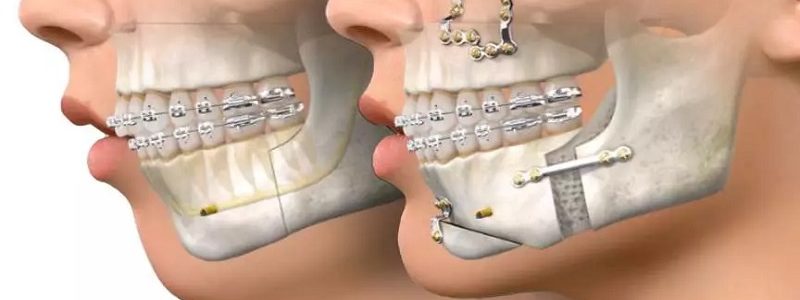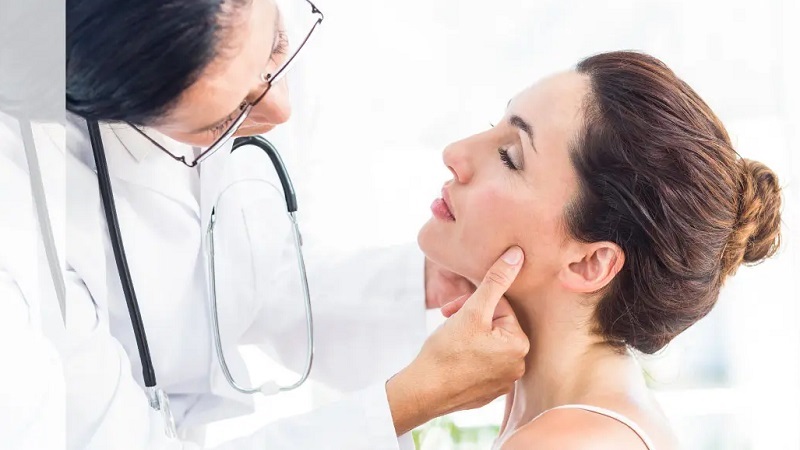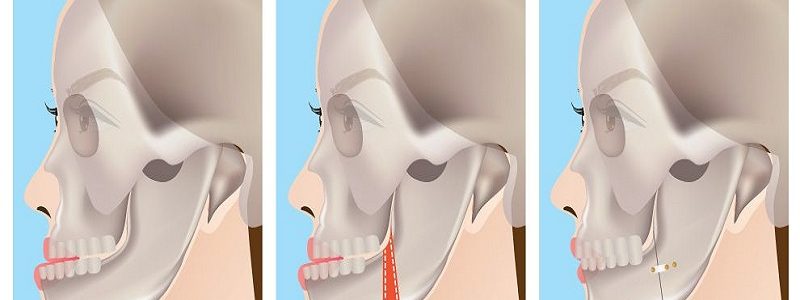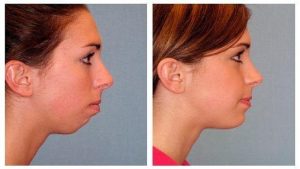Before and after care | Isfahan nose surgeon _ Jaw surgeon of Isfahan
Combined nose and jaw surgery, is a complex surgical procedure designed to simultaneously correct nose and jaw problems. This surgery can help improve facial appearance and function, including breathing, chewing and speaking. However, like any other surgery, this surgery also requires pre- and post-operative care to achieve the best possible results..
Preoperative care:
Before performing combined nose and jaw surgery, your doctor will perform a complete examination of your face and mouth and review your medical history.. At this point, you should tell your doctor about all the medications, vitamins, and supplements you take. Also, your doctor may ask you to do certain things before surgery, including::
- Stop smoking and alcohol: Smoking and alcohol can slow the healing process and increase the risk of complications.
- Diet adjustment: Your doctor may ask you to avoid certain foods and drinks before surgery.
- Skin preparation: You may be asked to clean your skin with an antiseptic solution before surgery.
- Conducting experiments: Your doctor may ask you to have some tests before surgery, such as blood tests, a chest X-ray, or an ECG..
- Consultation with an anesthesiologist: If needed, your doctor may refer you to an anesthesiologist to discuss the type of anesthesia that is right for your surgery..
Post-surgery care:
After combined nose and jaw surgery, you must undergo medical care so that your recovery process can be carried out properly.. These cares include the following:
- rest: After the surgery, you should rest at home for a few days and avoid strenuous activities.
- Drug consumption: Your doctor may prescribe medications such as pain relievers, antibiotics, and anti-inflammatory medications.
- Nutrition: In the first days after surgery, you should eat soft foods and liquids. Your doctor may make recommendations about your diet.
- Wound care: You should clean your wounds regularly and use ointments prescribed by your doctor.
- Use a cold compress: Using a cold compress can help reduce swelling and bruising.
- going to the doctor: You should see your doctor regularly to monitor your recovery.
- Avoid strenuous activities: Avoid strenuous activities such as exercise, heavy lifting, and bending over for several weeks.
- Oral care: You should regularly rinse your mouth with salt water and use a soft toothbrush.
- Use of nasal spray: You may be asked to use a nasal spray to keep your nose moist.
- maintaining health: Observance of personal and environmental hygiene is very important to prevent infection.
Possible side effects:
Like any other surgery, combined nose and jaw surgery can be associated with complications, such as:
- The infection: Infection is one of the common complications of surgery that can occur if hygiene is not followed.
- Bleeding: Bleeding can occur after surgery, but it is usually mild.
- Swelling and bruising: Swelling and bruising are normal after surgery and will disappear over time.
- Breathing problems: In some cases, surgery can lead to breathing problems.
- numb: In some cases, you may feel numbness in your face and mouth after surgery.
- Asymmetry: In some cases, there may be asymmetry in the face after surgery.
- Oscar: Scars are normal after surgery and will fade over time.
Conclusion:
Combined nose and jaw surgery It can help improve facial appearance and function, but requires pre- and post-operative care to achieve the best possible results.. By following the tips mentioned in this article, you can help yourself recover faster and better.
The attention of the: This article is for general information only and should not replace consultation with a medical professional. If you have any questions or concerns about combined nose and jaw surgery, consult your doctor.
Useful links:
Isfahan nose surgeon _ Jaw surgeon of Isfahan
Dr. Behnam Khorrami's page in the clinic 24 | Maxillofacial surgeon in Isfahan clinic 24 | Nose surgeon in Isfahan clinic 24
Dr. Behnam Khorrami, nose surgeon in Isfahan at Dr. Af | Maxillofacial surgeon in Isfahan at Dr. Af | Isfahan nose surgeon at Dr. Af


















